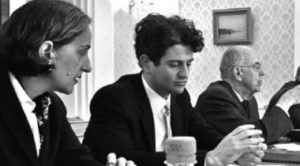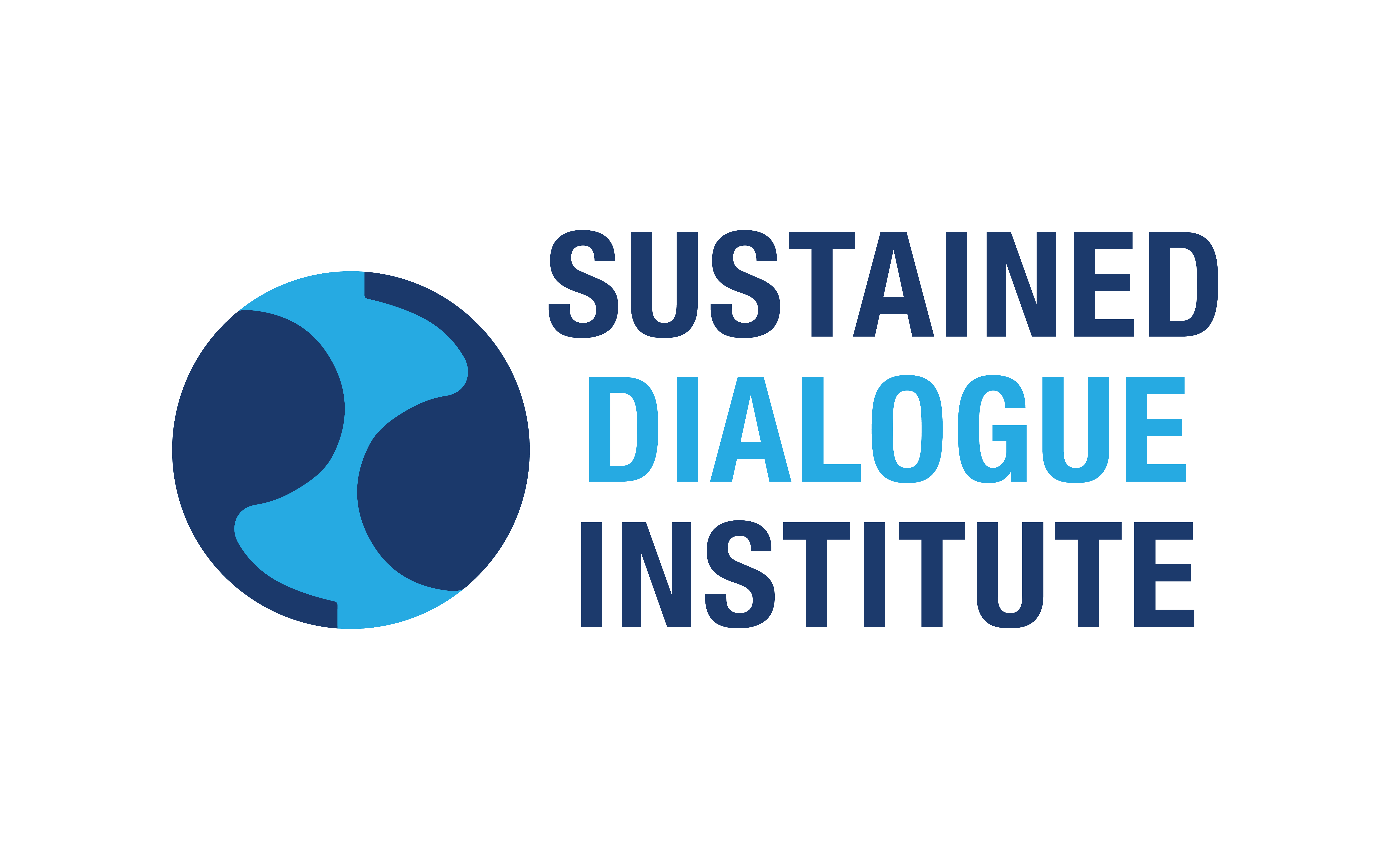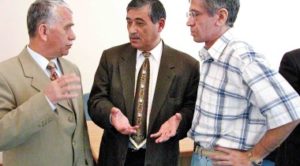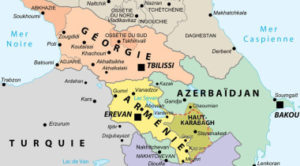The work of Sustained Dialogue was born in the fires of international conflict, and today that sector remains a key activity for us. Sustained Dialogue methods have been used for more than 50 years across the globe. SD engages groups who are otherwise unable to meet due to war or other conflict. SDI oversees the longest running citizen’s dialogue between the United States and Russia, and has administered dialogue programs in the Middle East, countries in the former Soviet Union, and Africa. We also have campus programs in Africa and Mexico. Learn more about our international legacy below.

The Dartmouth Conference 1960 – 2015
The Dartmouth Conference is the longest continuous bilateral dialogue between citizens of the Soviet Union, now Russia, and the United States. It has been an attempt to create Sustained Dialogue on the changing nature of the relationship between the two countries for the purpose of preventing nuclear war. Furthermore, strengthening the relationship between these two powers has incredible implications for world peace and development. In mid-2015, a total of 142 three-day discussions have taken place as part of the original Dartmouth Conference.




